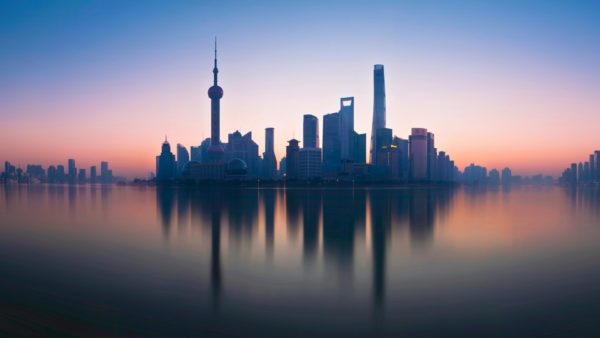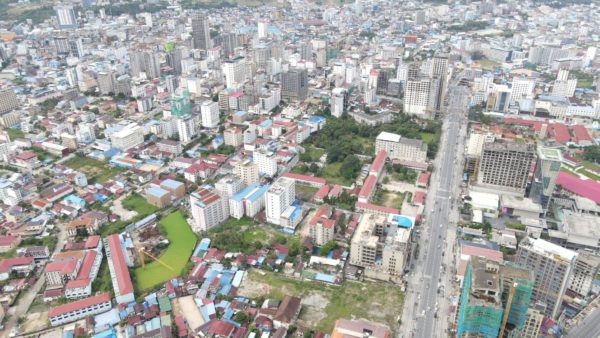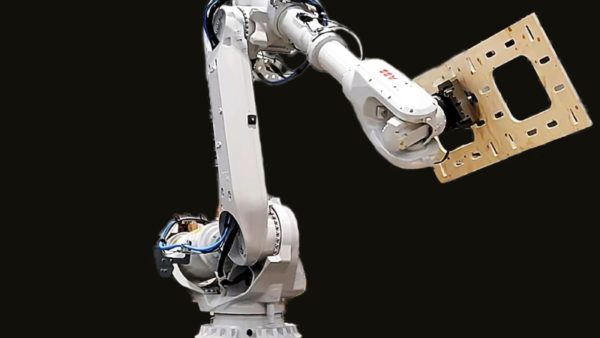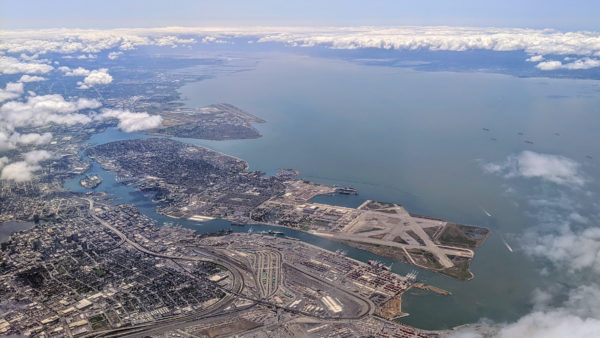After a shock defeat in Indonesia last month Japan must rethink its game if it wants to compete against China to bring high-speed rail to the world, a leading Japanese newspaper has warned.
Tokyo should look beyond just design and construction and instead create packages that include servicing and traffic control systems if it wants to be the high-speed-rail supplier of choice, says an editorial in the high-circulation Japanese newspaper, Yomiuri Shimbun.
Faced with a competitor like China – which has "excessive production capacity" and which must enter overseas markets whether it can make a profit in them or not – Japan would have to bid more strategically, the editorial said.
If Japan wants to win orders, it will be necessary to put more effort into presenting proposals as a package that includes traffic control systems and maintenance and checkups, rather than merely undertaking the design and construction of projects– Yomiuri Shimbun
Japan received a blow on 29 September when Indonesian officials said they would go with China, and not Japan, in developing Indonesia’s first high-speed rail line.
The 150km line from Jakarta to Bandung on the main island of Java had been the subject of a fierce bidding war between China and Japan.
Japan had cultivated the project since 2008, when it produced a feasibility study for the Indonesian government.
The choice of China was made even harder for Japan by the surprise announcement weeks before that Indonesia would scrap the high-speed line altogether because it was too expensive.
The sudden u-turn caused bitter disappointment in Japan, and has provoked soul searching as the rail industry and government try to support Prime Minister Shinzo Abe’s goal of exporting infrastructure development to boost economic growth.
Indonesia chose China because it offered a sweeter deal, demanding no loan guarantee from the Indonesian government.
"The financial package offered by the Chinese is way more interesting than the Japanese – there is no government guarantee whatsoever," an official from Indonesia’s Ministry of State Enterprises said, according to The Financial Times. "The project is nothing to do with the [Indonesian] government and it doesn’t involve any state budget at all."
In its editorial, Yomiuri Shimbun said Indonesia’s "lax judgement" in adopting the Chinese proposal may come back to haunt it.
"It is a matter of concern that the Indonesian government’s lax judgment over its adoption of the Chinese proposal may come into question again," it said.
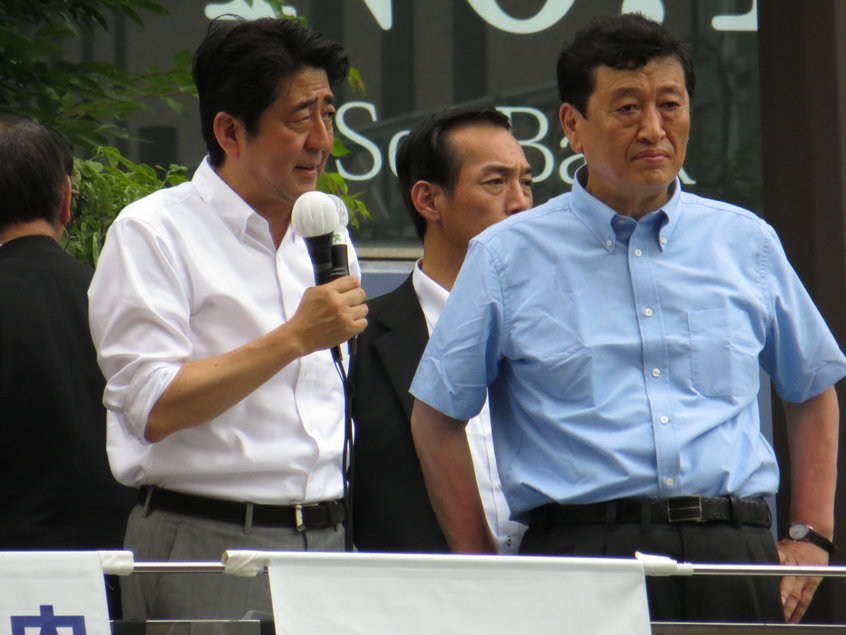
Japanese Prime Minister Shinzo Abe, left, during House of Councillors ordinary election, 2013 (Ogiyoshisan/Wikimedia Commons)
But in the meantime Japan will need to "rebuild its export strategy urgently", the newspaper said: "Japan should keep an eye on China in the days ahead, as it is a country that has to enter overseas markets regardless of whether it profits or not."
"If Japan wants to win orders," the editorial continued, "it will be necessary to put more effort into presenting proposals as a package that includes traffic control systems and maintenance and checkups, rather than merely undertaking the design and construction of projects."
"Extending cooperation in the fostering of technical personnel will also prove effective," it added.
Meanwhile, state-owned China Railway Construction Corporation (CRCC) will team up with a consortium of Indonesia’s state own enterprises led by PT Wijaya Karya Tbk in developing the $5.5bn Indonesian rail link, according to reports.
- Read the Yomiuri Shimbun editorial here.
Top photograph: One of Japan’s bullet trains at Fukuoka railway station, Japan (Mstyslav Chernov/Wikimedia Commons)





